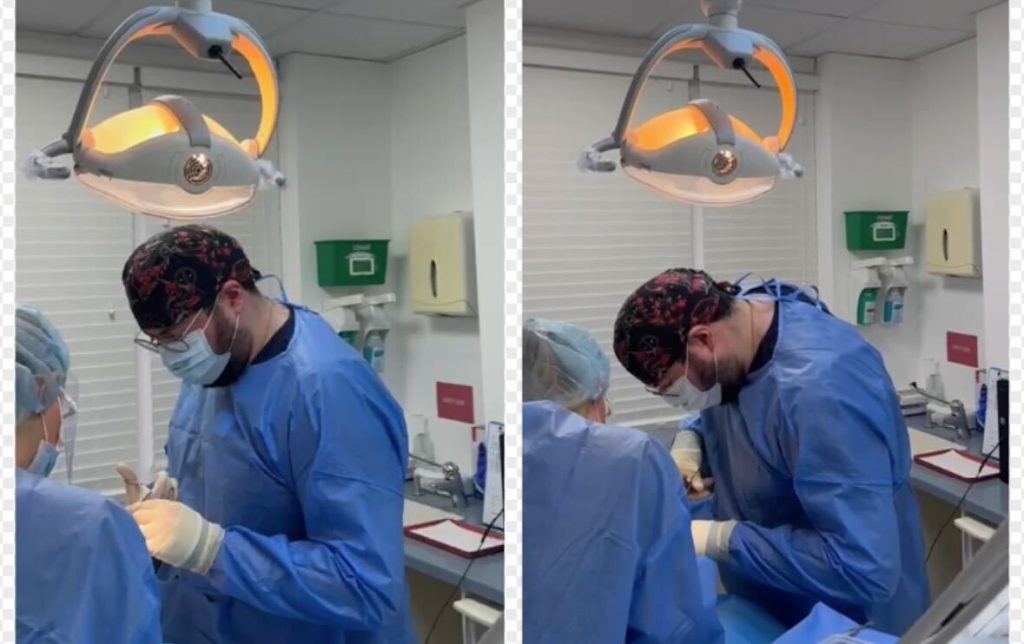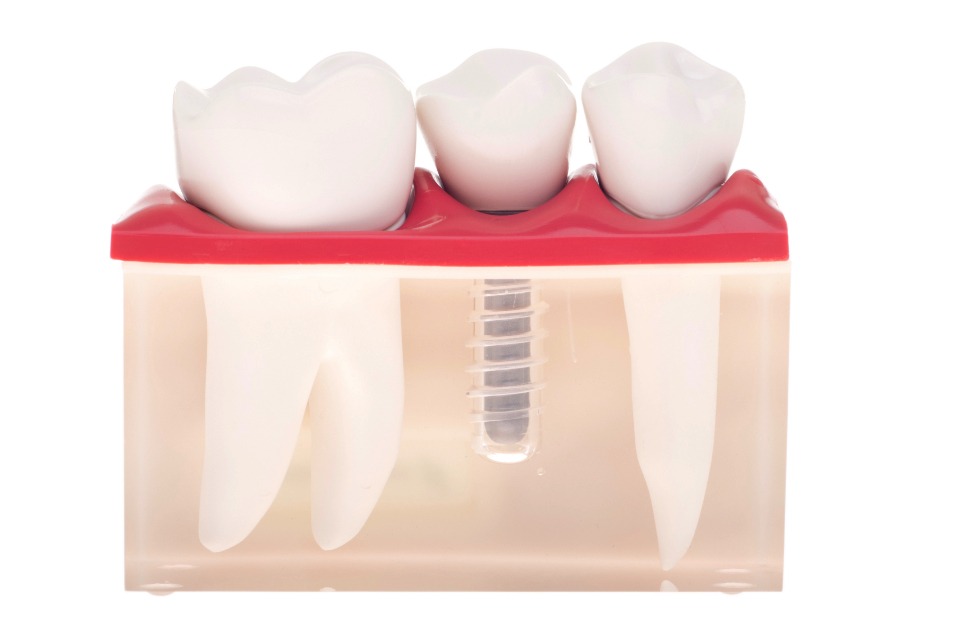Missing teeth affect more than confidence; they change how you eat and speak. Implants replace the root as well as the crown, so they stay put, protect bone, and look natural.
We offer advanced dental implants in Ilford, designed to restore your smile with a natural look, unmatched durability, and renewed function.
Why dental implants help
Dental implants are the most effective and long-lasting solution for missing teeth. Unlike traditional dentures or bridges, implants integrate directly with your jawbone, mimicking the structure of natural teeth. This not only enhances stability but also helps to prevent bone loss, something removable prosthetics cannot achieve.
Dental implants are ideal for:
- Replacing one or more missing teeth
- Providing support for dentures
- Preventing jawbone deterioration and facial sagging
- Improving chewing, speech, and overall oral function


Our 8 Steps Dental Implant Treatment Journey
Before and After Results
Real patients, real meals back on the menu. From a single gap to full-mouth restoration, people tell us they feel more at ease eating, speaking, and smiling.
How we make it easy
- Clarity, a plain-English plan with options and fees.
- Precision, digital scans; no messy guesswork.
- Steady care, the same friendly faces checking in.
- Choice, finance through Tabeo if monthly helps, subject to status.
To schedule your dental implant consultation, call us at 020 8551 0088 or visit our dental clinic in Ilford, Essex.



